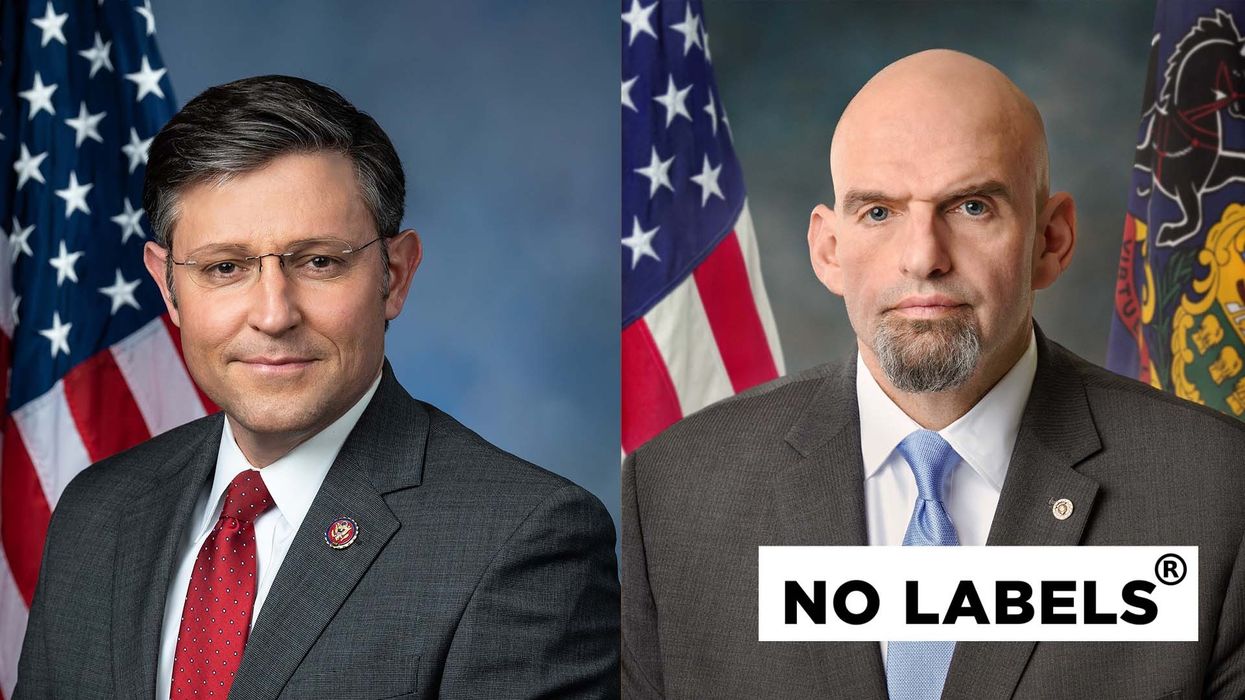What No Labels Believes
This moment demands American leaders and citizens alike declare their freedom from the anger and divisiveness that are ruining our politics and most importantly, our country.
We must recommit to the fundamental beliefs that have historically united Americans and provided a common understanding of who we are and where we hope to go.
Here are the enduring beliefs that guide No Labels– beliefs that we hope will once again guide the political and policy choices of our leaders.
- We believe in an ethic of mutual responsibility, in which both government and citizens owe something to one another. Citizens have a responsibility to contribute to our country in the best way they can, be it to our economy, their families, communities or civic life. And in return, they have a right to expect the government to be responsible for upholding the law, maintaining public safety, helping care for those who cannot care for themselves, and tackling the problems too large for citizens or private actors to solve alone.
- We believe in equality of opportunity, in which every American is empowered to get a good education, to pursue their dreams free from bias or discrimination of any kind, and to go as far as their talents and drive can take them– we also believe that government policy should encourage and cultivate these gifts.
- We believe in Americans’ fundamental right to think, speak, worship and assemble however they choose. We believe the First Amendment to the U.S. Constitution is first for a reason, because if we ever lose this right, we lose everything.
- We believe there is no such thing as something for nothing and because of this we believe in the importance of a balanced budget. The growing tendency of both parties to support more tax cuts or government spending with no regard for their impact on future generations will lead to a lower quality of life for our children and grandchildren and make it harder for America to tackle future challenges to our national, economic and environmental security.
- We believe Americans being united at home makes us stronger abroad. The Chinese Communist Party, Russia and other totalitarian regimes that threaten American interests benefit from and seek to exploit America’s internal divisions. In previous eras, America’s leaders have embraced the idea that “politics should stop at the water’s edge,” and they must do so once again.
These beliefs have underpinned American democracy since its founding. If they seem new to some, it is only because too many in our public life have forgotten or ignored them.
These beliefs are the foundation upon which we must rebuild our country. We seek to restore America's faith that democracy remains the best means to bring out the good in every one of us, thus ensuring a brighter future for generations to come.
# # #


